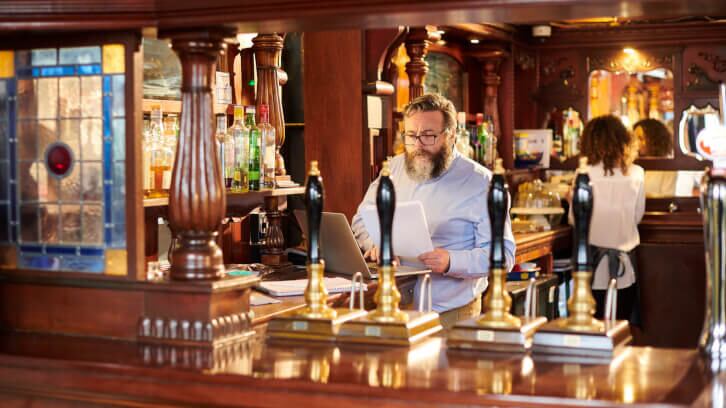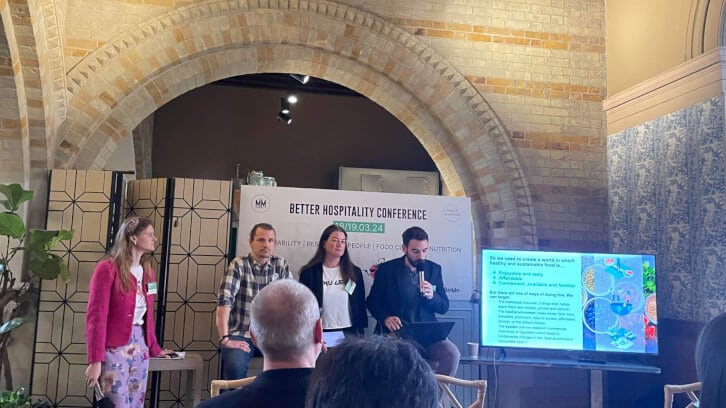Q. I am applying for a premises licence for my new bar and restaurant venue. Your Poppleston Allen CizApp tool has alerted me to the fact that my premises is located within the Licensing Authority’s Cumulative Impact Policy area, and I raised this with my local licensing officer who confirmed this. How would this affect my application?
A. Where a Licensing Authority is satisfied by evidence (usually predominately provided by Police) that there are too many licensed premises within the relevant area and this is undermining the Licensing Objectives (mainly the prevention of crime and disorder and public nuisance), it can adopt a Cumulative Impact Policy that relates to that area, such as a busy High Street, city or town centre.
Usually, these policies carry a presumption that any new licensing applications or ‘material variations’ (such as an increase in hours or capacity) will be refused, particularly if certain criteria are not met. This policy is only triggered where a representation is made against the application and results in a Licensing Committee hearing (commonly representations are received from the police or licensing authority acting as a responsible authority citing cumulative impact as reason for objection).
However, the presumption to refuse is rebuttable, but the onus is squarely on you as the applicant to prove your application will not add to the existing impact, which can be quite a difficult hurdle to overcome but by no means impossible. In my experience, having successfully secured numerous premises licences and material variations for client venues situated within Cumulative Impact areas, the key to success is preparation and strategy.
The first thing you should do is carefully review the Local Authority’s Statement of Licensing Policy, particularly the section on the Cumulative Impact Policy. You need to understand which types of applications and premises are affected, the reasoning for adopting the policy (what are the key issues that resulted in the policy being introduced?) and how it affects the determination of a relevant application.
The next thing you should do is consult with the Responsible Authorities, in particular the Police, Licensing Authority, Environmental Health (and where appropriate) any local residents or active local residents’ association. Your objective here is to get these parties ‘on side’ before submitting your application and this may include revisiting proposed operating hours and offering specific conditions or measures to address relevant concerns and ensure you will promote the Licensing Objectives and not add to the existing impact.
Given licensing applications in Cumulative Impact can be challenging I would always advise both seeking legal advice from a licensing specialist and the importance of ‘putting in the work’ prior to issuing the application to give you the best chance of success.
Q. My gastropub venue has an “on” only licence and I am looking to provide deliveries and take-outs of alcohol and make use of the Government’s off sales relaxation to be able to provide off-sales until 11pm. However, yesterday a licensing officer visited my pub, and I discussed my idea with her. She explained that I was not allowed to use the off sales relaxation given the previous licence holder faced a Review of the Premises Licence back in April 2019 as a result of nuisance complaints from local residents, and at the review hearing off-sales permission was removed from the licence. Apparently, in order to provide deliveries or take-outs I need to make a variation of my premises licence to add off-sales of alcohol. Is that correct?
A. If those facts are right, then yes that appears to be correct. The relaxation you are referring to derives from the Business and Planning Act which came into force on the 22 July 2020, and you are correct that amongst other provisions it allows on-sales only premises licences that were in effect on the day the Act came into force to provide off-sales until 11pm (this relaxation was originally to apply until 30 September 2021 but has since been extended until at least 31 March 2025).
However, this ‘easement’ is subject to certain restrictions, one of which is that if in the three year period prior to the 22 July 2020 (in other words, since 22 July 2017) the Licensing Authority refused to grant or vary an application to add off-sales, or indeed excluded off-sales from the licence, then a licence holder is not entitled to rely on the relaxation granted by the Business and Planning Act 2020. In effect, if there have been problems with off-sales in the recent past the legislation does not grant an authorisation that a local Licensing Authority previously refused or removed.
It sounds like this is what happened with your venue, in that your predecessor had off-sales removed from the licence, and this decision would have been since the 22 July 2017 (it may be worth double checking those dates). If so, the only option is to formally vary your premises licence to add off-sales and hope that resident sensitivities have changed and that you can demonstrate you have measures in place to mitigate against potential public nuisance and ensure promotion of the licensing objectives if the application is granted.
- Suraj Desor is an associate solicitor at Poppleston Allen




